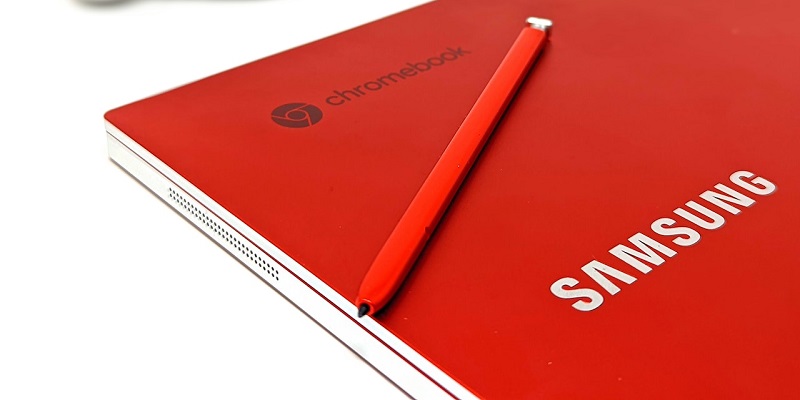Samsung’s HBM memory has successfully passed NVIDIA’s fourth and final quality test, leading to an agreement on a supply contract between the two companies. This significant milestone could initiate the contract as early as next month, marking a major achievement for Samsung’s memory division.
NVIDIA now benefits from having both SK Hynix and Samsung as its HBM suppliers. This collaboration enables NVIDIA to scale up its AI GPU production to meet the accelerating demand in the market. With the addition of Samsung’s HBM memory, NVIDIA can further strengthen its position as a dominant player in the AI GPU industry.
NVIDIA’s Plans
Having secured robust suppliers and witnessing the exponential growth of the AI market, NVIDIA has ambitious plans to ship 1.5-2.0 million H100s by 2024. This projection emphasizes the increasing demand for high-performance AI GPUs, and NVIDIA is positioning itself to cater to these market needs.
Benefits for Samsung
By gaining a significant stake in NVIDIA’s HBM orders, Samsung’s memory division is set to reap substantial benefits. This partnership also presents an opportunity for Samsung’s foundry service to potentially contribute to the production of AI GPUs. The collaboration with NVIDIA not only boosts Samsung’s revenue from memory sales but also opens doors to expanded business opportunities.
Samsung’s Market Share
The addition of NVIDIA as a key HBM customer is expected to push Samsung’s market share in HBM orders beyond 50%, surpassing established competitors like SK Hynix and Micron. This achievement further solidifies Samsung’s status as a leader in advanced memory technology and strategic partnerships within the industry.
Samsung’s Role in AI GPU Production
Apart from collaborating with NVIDIA, Samsung has also taken on the responsibility of HBM production for AMD’s Instinct AI GPUs. This involvement in providing memory for multiple leading GPU manufacturers reinforces Samsung’s position as a key player in the AI ecosystem.
Revenue Forecast for Samsung
The successful passage of NVIDIA’s quality tests and the subsequent supply contract signifies a turning point for Samsung’s memory division. Analysts predict a significant increase in revenue for Samsung’s upcoming financial quarters, with the possibility of dominating the market in the final quarter of the year.
Positive Impact for Samsung’s Memory Division
Samsung’s memory division has faced challenging financial quarters recently. However, with the AI industry experiencing a booming demand, the division can now expect a positive turnaround. The collaboration with NVIDIA and the supply of HBM memory for AI GPUs holds immense potential for revenue growth and stability.
The AI Boom and Revenue Growth
The rapid proliferation of artificial intelligence across various industries is expected to propel Samsung’s memory division to new heights. With AI becoming a critical technology in numerous sectors, the demand for high-performance memory solutions, such as HBM, is soaring. This increased demand will undoubtedly contribute to Samsung’s revenue growth in the coming years.
Challenges for Samsung
While Samsung’s collaboration with industry leaders like NVIDIA and AMD presents promising opportunities, it also comes with challenges. The company’s approach to HBM production and its ability to manage substantial orders will be crucial. Samsung must ensure efficient production processes to maintain the trust and confidence placed in them by their partners and the industry as a whole.
Samsung’s HBM memory passing NVIDIA’s quality test and securing a supply contract for AI GPU production is excellent news for the company’s memory division. By aligning itself with industry leaders and dominating the HBM market, Samsung stands to unlock significant revenue growth in the near future. However, success will heavily depend on the company’s ability to efficiently produce and manage large orders now that it has gained the trust of key players in the industry. With the AI boom driving demand for high-performance memory solutions, Samsung is well-positioned to capitalize on the market’s growing needs and solidify its position as a key player in the AI ecosystem.

